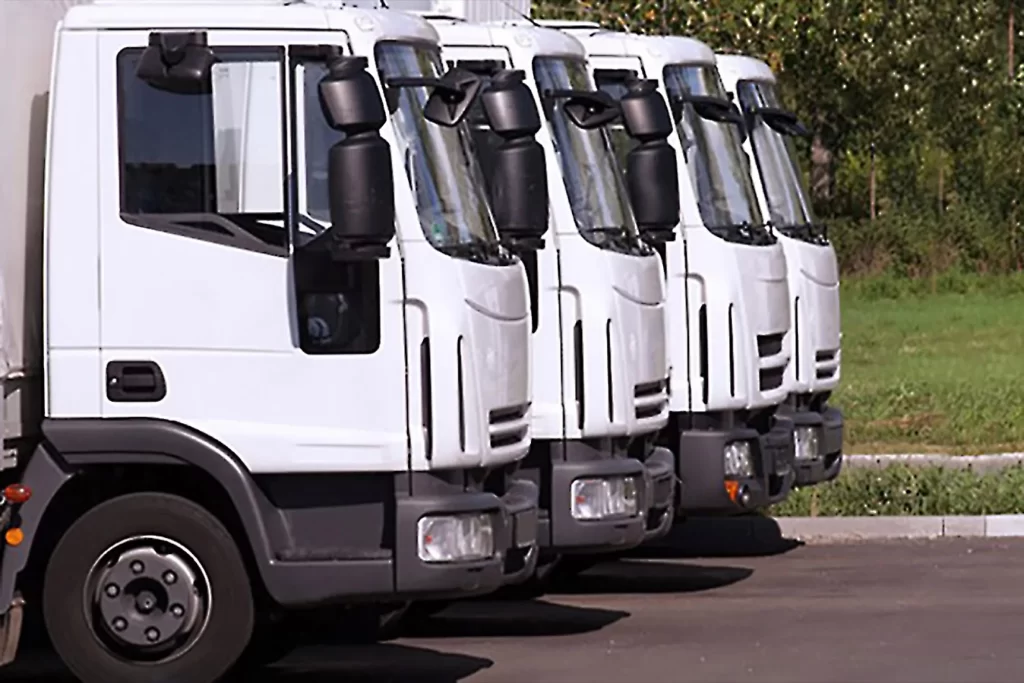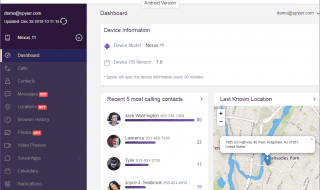
The evolution of technology in the trucking industry has brought significant changes. One such advancement is the Electronic Logging Device (ELD). An ELD device replaces the traditional pen-and-paper tracking driving hours with a digital solution. This modern approach is more efficient and enhances overall compliance and safety for truck drivers. ELDs are designed to record driving time and ensure accurate data is logged automatically. The digital transformation of log-keeping means less time fumbling with paperwork and more time focusing on the road, thus contributing to the overall productivity of drivers.
Boosting Compliance and Accuracy

ELDs are crucial for adherence to regulations such as the Hours of Service (HOS) rules set by the Federal Motor Carrier Safety Administration (FMCSA). These devices automatically capture details about driving time, engine hours, vehicle movement, and more, ensuring that data is accurate and complies with regulatory requirements. With digital logs, the chances of human error are significantly reduced, ensuring precise and reliable records. This reduced error rate is vital for avoiding fines and ensuring that drivers are operating within legal limits, enhancing road safety. The transparency and unalterable nature of ELDs mean that the data collected is trusted by regulatory bodies, inspectors, and fleet managers.
Reducing Paperwork and Saving Time
Traditionally, truck drivers spent hours filling out paperwork to record their daily logs. With ELDs, this cumbersome process is eliminated, allowing drivers to focus more on the road and less on administrative tasks. This shift boosts productivity and minimizes the risk of record-keeping violations. Drivers and fleet managers can effortlessly access records when needed, cutting down the time spent on audits and inspections. Additionally, digital logs are easier to store and manage than stacks of paper, making retrieving records quick and hassle-free. This streamlined process conserves time and ensures that data is readily available for compliance checks and reporting.
Enhanced Fleet Management
ELDs offer more than just logging capabilities. They provide fleet managers with valuable insights into vehicle performance and driver behavior. Real-time data allows for proactive maintenance and better route planning, enhancing fleet operations’ overall efficiency. For more detailed information on fleet management, you can check out this article on Forbes. Furthermore, ELDs can help identify patterns in fuel consumption, route efficiency, and vehicle wear and tear. With this information, fleet managers can make informed decisions to optimize resources and reduce operational costs. The data insights facilitate better communication between drivers and managers, creating a cohesive and well-informed team.
Benefits of Data Insights
- Proactive maintenance scheduling
- Improved fuel efficiency
- Better route optimization
Improving Driver Safety

By monitoring driving hours and ensuring adherence to HOS regulations, ELDs contribute to preventing driver fatigue, which is a leading cause of accidents. Beyond compliance, these devices can also detect unsafe driving behaviors, such as hard braking or rapid acceleration, allowing corrective measures to be taken before an incident occurs. Improved safety protects drivers and enhances trucking companies’ reputation for being responsible and diligent. Safety features provided by ELDs can be integrated with training programs to help drivers improve their driving habits. In the long run, focusing on safety reduces the likelihood of accidents, thereby saving lives and reducing costs associated with vehicle damage and insurance.
The Future of ELDs
The integration of ELDs into the trucking industry is just the beginning. Future advancements may include more sophisticated data analytics and other fleet management software integrations. The continuous improvement of these technologies promises to redefine the productivity and safety standards in trucking. Innovations like AI-driven route optimization and predictive maintenance are on the horizon, making the trucking industry smarter and more responsive. Additionally, integrating ELDs with other smart transportation technologies could lead to a fully connected ecosystem where data from multiple sources is utilized to optimize operations, ensuring that the future of trucking is both efficient and sustainable.



